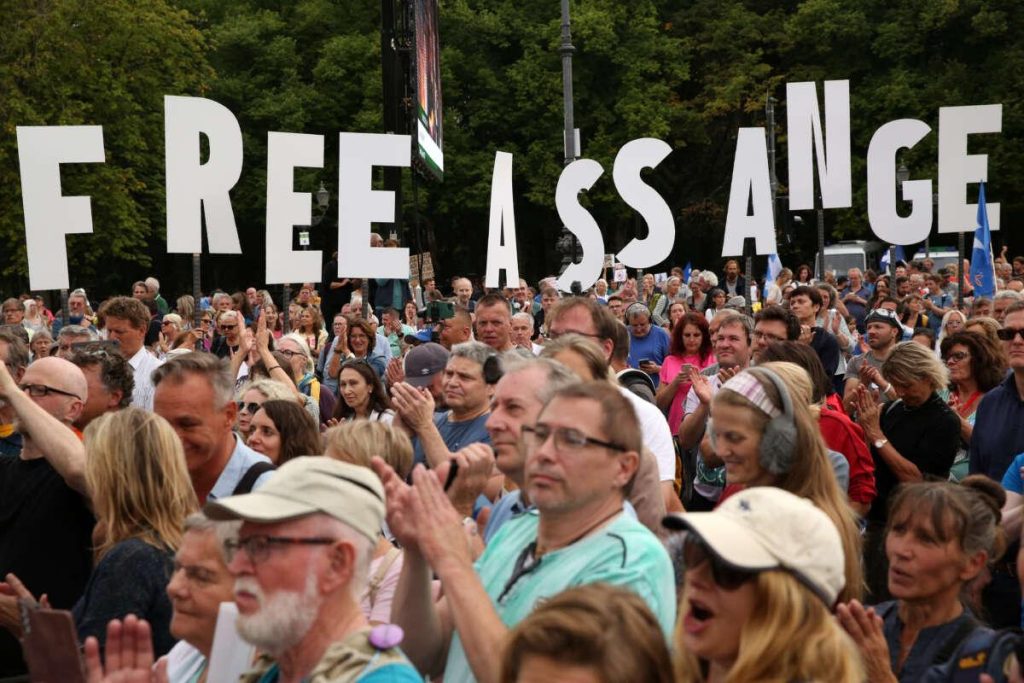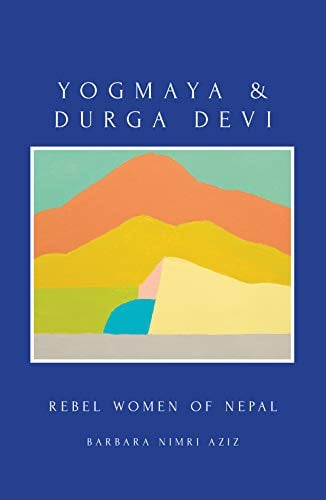From Where Will the Breakthrough Come for Julian Assange?

All Global Research articles can be read in 51 languages by activating the Translate Website button below the author’s name.
To receive Global Research’s Daily Newsletter (selected articles), click here.
Click the share button above to email/forward this article to your friends and colleagues. Follow us on Instagram and Twitter and subscribe to our Telegram Channel. Feel free to repost and share widely Global Research articles.
***
Julian Assange is still imprisoned; journalism’s future is still in jeopardy.
Delegates from Australia’s parliament are headed to Washington to appeal to the U.S. Congress on behalf of the Wikileaks founder. While anyone who recognizes the injustice of Washington’s insistence on extradition of the jailed journalist and publisher, this effort by representatives of several parties may be too late. In any event, it is very late.
This Australian door did not open until the 2022 election of Anthony Albanese, who replaced Scott Morrison, the nation’s uncompromising Prime Minister.
For many years the campaign to gain justice for Assange was largely centered in London, with activists focusing their attention on a succession of legal appeals to the British court that could have freed Assange from prison and denied U.S.’s extradition order. Legal actions were buttressed by supporters who included vocal celebrity journalists appealing for justice on the grounds that this case was basically about a free press, and that the extradition, based on the U.S. 1917 Espionage Act, was inapplicable. Free speech advocates fear indictment of Assange by U.S. courts would set a dangerous precedent that would threaten the integrity of the entire profession.
The entry of Assange’s father John Shipton, speaking with extraordinary clarity and wisdom, along with his brother Gabriel and his wife Stella Assange, added new energy and a personal dimension to the campaign. Father and brother toured 18 cities across the U.S. to draw attention to arguments in favor of Assange. A film “Ithaka”, co-produced by Gabriel, furthered the message; it was expected to be an eye-opener for Americans.
How much real support those actions garnered in the U.S. is, shamefully, questionable. Efforts by U.S. congresswoman Rachida Tlaib to bring the matter before Congress seemed to fall on deaf ears. (Personal letters to my senators and congressional representatives yielded no response whatsoever.)
More promising was the unanticipated appeal by major publications including two leading U.S. papers calling for Washington to end its persecution of Assange. It was expected to arouse interest among American officials. The story may have energized the core of international Assange supporters; but it quickly disappeared from public discussion in the U.S.. Concerned Americans had to rely on a few independent outlets for updates on remaining legal procedures available to Assange’s lawyers, and on news of actions abroad.
Both the British public and its government remained insensate too, even after a 7,000-strong rally of Assange supporters formed a human chain around the British parliament in 2022. Across Europe actions continue while neither concern over Assange’s deteriorating health nor the threat this case holds for journalistic liberty seem effective in arousing action by officials.
A spark of hope emerged after Australia’s PM Anthony Albanese, the nation’s newly elected leader, reported that he would press the U.S. to drop the extradition order. Details were few; Washington remained silent. But Albanese’s remarks, however vague, may, finally, have aroused wider sympathy within Assange’s homeland. He was, after all, born there. And one can find many precedents for a government securing freedom for imprisoned citizens overseas.
In recent months, with Assange’s family efforts focused on Australia, a significant number of their legislators have joined a last- ditch attempt to sway their American counterparts. Thus, the plan to descend on Washington ahead of Albanese’s October visit there.
Who can imagine further obstacles yet to face Assange and the campaign to win justice for him? But who could have anticipated the ferocity and resolve of his defenders? That tenacity is a reason for any sceptics, and those previously unconcerned, to join them.
*
Note to readers: Please click the share button above. Follow us on Instagram and Twitter and subscribe to our Telegram Channel. Feel free to repost and share widely Global Research articles.
Barbara Nimri Aziz whose anthropological research has focused on the peoples of the Himalayas is the author of the newly published “Yogmaya and Durga Devi: Rebel Women of Nepal”, available on Amazon.
She is a regular contributor to Global Research.
“Yogmaya and Durga Devi: Rebel Women of Nepal”
By Barbara Nimri Aziz
A century ago Yogmaya and Durga Devi, two women champions of justice, emerged from a remote corner of rural Nepal to offer solutions to their nation’s social and political ills. Then they were forgotten.
Years after their demise, in 1980 veteran anthropologist Barbara Nimri Aziz first uncovered their suppressed histories in her comprehensive and accessible biographies. Revelations from her decade of research led to the resurrection of these women and their entry into contemporary Nepali consciousness.
This book captures the daring political campaigns of these rebel women; at the same time it asks us to acknowledge their impact on contemporary feminist thinking. Like many revolutionaries who were vilified in their lifetimes, we learn about the true nature of these leaders’ intelligence, sacrifices, and vision during an era of social and economic oppression in this part of Asia.
After Nepal moved from absolute monarchy to a fledgling democracy and history re-evaluated these pioneers, Dr. Aziz explores their legacies in this book.
Psychologically provocative and astonishingly moving, “Yogmaya and Durga Devi” is a seminal contribution to women’s history.




